Bill and his wife visited Ireland, Russia, Estonia and Finland, from mid-March to mid-April (2012), sharing experiences in angel investing through lectures, discussions and workshops.

Bill Payne
On Thursday 19th, Bill spoke to entrepreneur groups at both the National Digital Research Center and the DIT Hothouse on subjects of fundable companies, trends in funding, business plans
I was lucky enough to attend Bill’s excellent lunch time talk and had an opportunity to chat with him afterwards.
In Ireland, he spent 19 hours in front of audiences, delivering eight lectures and workshops to 162 entrepreneurs and 190 angel investors.
Bill covered a number of topics including that business plans have many forms. When entrepreneurs come to the attention of potential investors, they may be invited to make verbal presentations to a select group of investors. This is commonly accompanied by a PowerPoint presentation.
Here is the content that Bill emphasised should be included in your investor pitch
A Cover Slide: Company name, business one-liner, your contact information (doesn’t count as one of the 10).
1. Market – What solution does the product/service provide to customers that they absolutely cannot live without – a “must have?” Investors do not fund products that are “nice to have.” What is the size of the addressable market? (Assuming all customers purchased the product, what would be the annual revenues?)
2. Solution – Describe the product(s), the features and benefits of the product, the intellectual property that precludes the competition from immediately copying the product and the customer feedback that validates the market demand. What is unique about your solution?
3. Competitive Position – Who are the competitors, what are their strengths and weaknesses, and what are your advantages over the competition.
4. Marketing /Sales /Support – How will you make customers aware of the product? What is your value proposition to customers? How will you establish a recognizable brand? How will you sell the product (describe sales channels)? How will you provide product and technical support to your customers? How long is your sales cycle?
5. Business Strategy – Most of us know how to find the first customer for a product. But, it is more difficult to describe how to grow the business. What partnerships, team members, facilities and capital will be required to achieve the five-year plan?
6. Financial Projections – The usual spreadsheets: Income statements, balance sheets and cash flow projections for the first five years of operations.
7. Funding Sought – How much money do you need to achieve early milestones? How much additional funding will be necessary to achieve positive cash flow? Will even more money be required to maintain optimum growth? From what sources to you expect to raise these funds?
8. Management – What is the relevant background and experience of the existing team? Describe the characteristics of additional team members that will be required to achieve positive cash flow. Describe your advisors and board of directors.
9. Milestones – Investors want to know how this round of funding will increase the value of the company. What accomplishments can the company achieve with the currently sought capital and how will that increase the valuation of the company?
10. Exit Strategy – IPOs are no longer a rational expectation for startup companies. Yet, investors are keenly interested in achieving a positive return on investment from startup ventures.
Which large public companies might be interested in buying this company and why? What does the company need to achieve to attract potential acquirers?
Bill Payne is an active angel investor, board member, and advisor to entrepreneurs. He assisted in founding four angel groups: the Frontier Angel Fund (2005), Tech Coast Angels (San Diego – 2000), Vegas Valley Angels (2003) and Aztec Venture Network (1999).

Bill Payne
For three decades, Bill Payne has successfully founded or invested in over 50 start-up companies. He served as an Entrepreneur-in-Residence to the Kauffman Foundation for twelve years.
While there, he directed the development of the Power of Angel Investing education series for entrepreneurs and angel investors. He has served as lead instructor for over 100 seminars in seven countries.
In 2009, Bill was named the Hans Severiens Award winner as the “outstanding angel investor in America.”
Related links
- If you are interested in learning more about Bill Paynes system for ensuring you are investment ready check out his website on http://www.billpayne.com/
- Click here for a download of his slides: pdf the slides and have as a down load. Put a front end baily on it though CTA slide at the end to get their e mail
Further Reading
http://gust.com/blog/2011/10/18/valuation-methods-101/
http://billpayne.com/services/venture-analysis
http://www.dit.ie/hothouse/
Key words
Angel investing entrepreneur, business plans, seed finance, start up, Bill Payne, valuation, sourcing capital




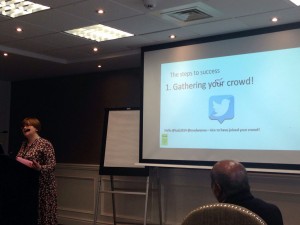
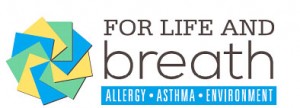
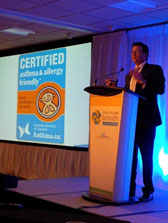
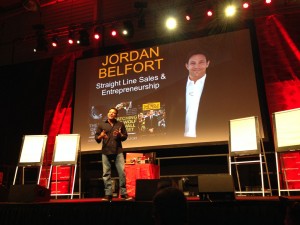
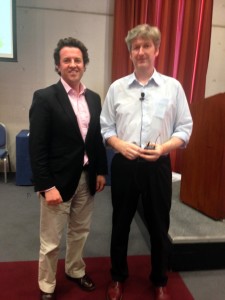
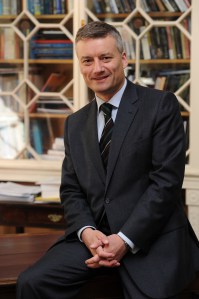
 7pm – 10pm: Life’s a Pitch dives into the life of a PhD student and how they spend their day (and night!). Everything from fancy laser shows, Herod the Great to ancient Crustacea will be on show. It is a perfect opportunity to find all you ever wanted to know about PhD life. The evening will be spotted with fun Lego Challenges and Treasure Trails. Fun for everyone guaranteed!
7pm – 10pm: Life’s a Pitch dives into the life of a PhD student and how they spend their day (and night!). Everything from fancy laser shows, Herod the Great to ancient Crustacea will be on show. It is a perfect opportunity to find all you ever wanted to know about PhD life. The evening will be spotted with fun Lego Challenges and Treasure Trails. Fun for everyone guaranteed!